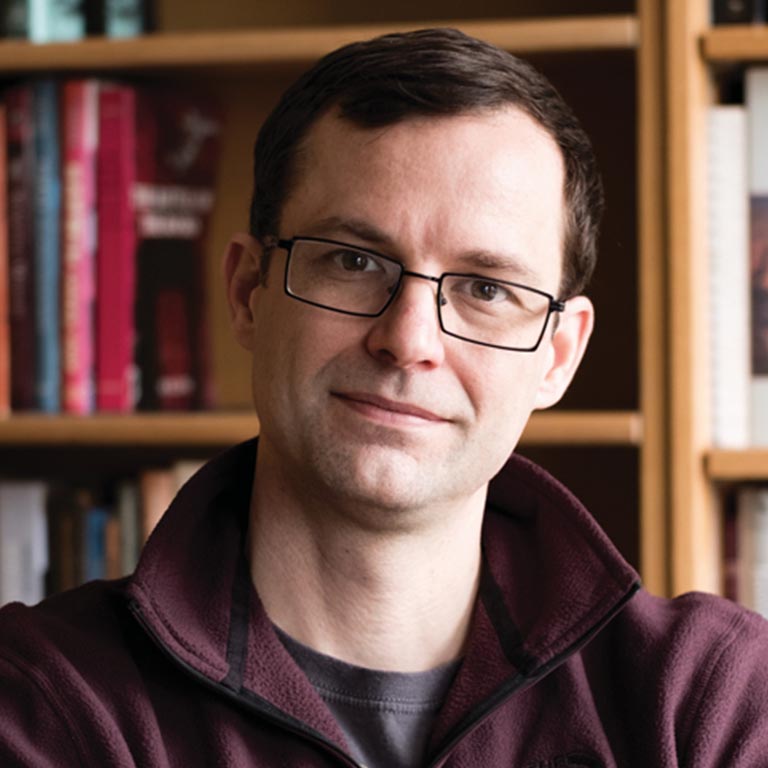Years, Days, Hours: Time and Temporality in the Eighteenth-Century British Imagination
In the early modern era, time was measured more and more precisely. But this technical development also produced an upheaval in the world of ideas: the concept of time could be separated from its measure, a notion proposed initially by Isaac Newton and popularized in the writings of John Locke. Three new ways of thinking about time emerged from this conceptual shift. The first was the development of what Walter Benjamin famously termed “empty, homogenous time,” the impersonal flow of historical time from past to present to future. The second was the sense of time as one-directional, as opposed to cyclical or recurring. And the third—and by no means least significant—was the development of temporal fictionality, the ability to see one’s self as inhabiting two or multiple time lines.
Years, Days, Hours reads each of these three momentous shifts in relation to the literature, art, and culture of the period. Collectively, they would exert an influence on the period’s most lasting achievements, including the adoption of the Gregorian calendar, the emergence of “deep” geological time, and the rise of the novel.
Jesse Molesworth is Associate Professor of English at IU Bloomington. He is the author of Chance and the Eighteenth-Century Novel: Realism, Probability, Magic, an influential revisionist account of the rise of the novel as an agent of re-enchantment. In addition to Years, Days, Hours, Molesworth is at work on a book about the poetics of graphic storytelling.

 The College of Arts
The College of Arts